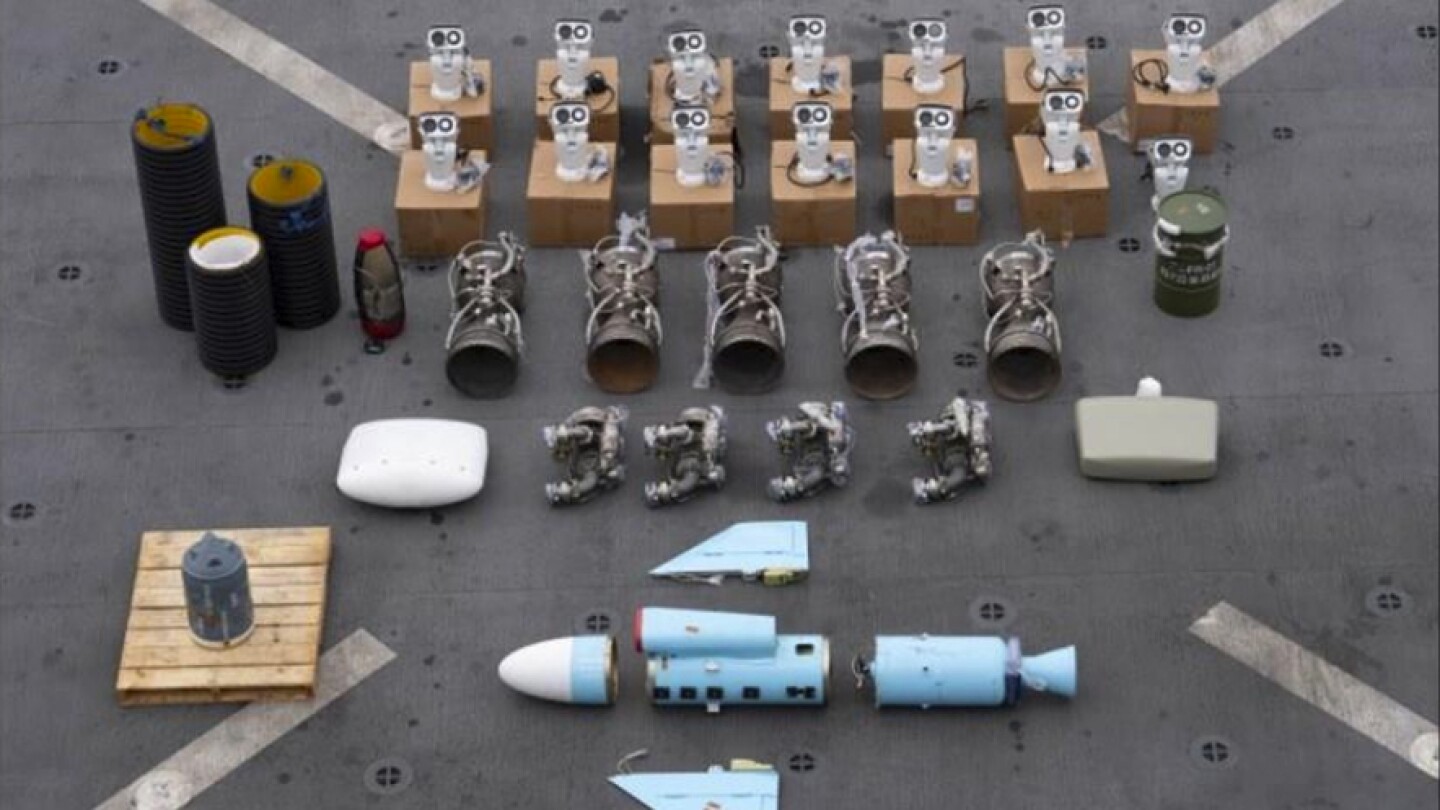- cross-posted to:
- world@lemmy.world
- cross-posted to:
- world@lemmy.world
A barrage of U.S., coalition and militant attacks in the Middle East over the last five days are compounding U.S. fears that Israel’s war on Hamas in Gaza could expand, as massive military strikes failed to stall the assault on Red Sea shipping by Yemen-based Houthis.
Even as the U.S. and allies pummeled more than two dozen Iran-backed Houthi locations on Friday in retaliation for attacks on ships, the Houthis have continued their maritime assaults. And Tehran struck sites in Iraq and Syria, claiming to target an Israeli “spy headquarters,” then followed that Tuesday with reported missile and drone attacks in Pakistan.
The chaotic wave of attacks and reprisals involving the United States, its allies and foes suggested not only that last week’s assault had failed to deter the Houthis, but that the broader regional war that the U.S. has spent months trying to avoid was becoming closer to reality. And underscoring the gravity of the roiling situation, the Biden administration is expected to announce plans to redesignate the Houthis as global terrorists, according to people familiar with the decision who requested anonymity to discuss the matter ahead of its announcement.



I think it’s misguided to ignore the Pakistan strikes just because Pakistan isn’t technically in the Middle East. Pakistan is only 200 miles from Oman across the sea. I don’t think it’s a coincidence they struck Pakistan right after doing so in Iran and Syria.
Please tell me how the separatist movement in Balochistan is related to Syria.
It’s not directly, but it signals there is a new defense calculus in Tehran. It’s one thing to perform strikes in Syria, an ally, and against the Kurds that are regularly walked on. It’s another thing entirely that they’re willing to strike a nuclear power which to me indicates that they will be more assertive going forward. That posture will have real effects for nations in the Middle East.